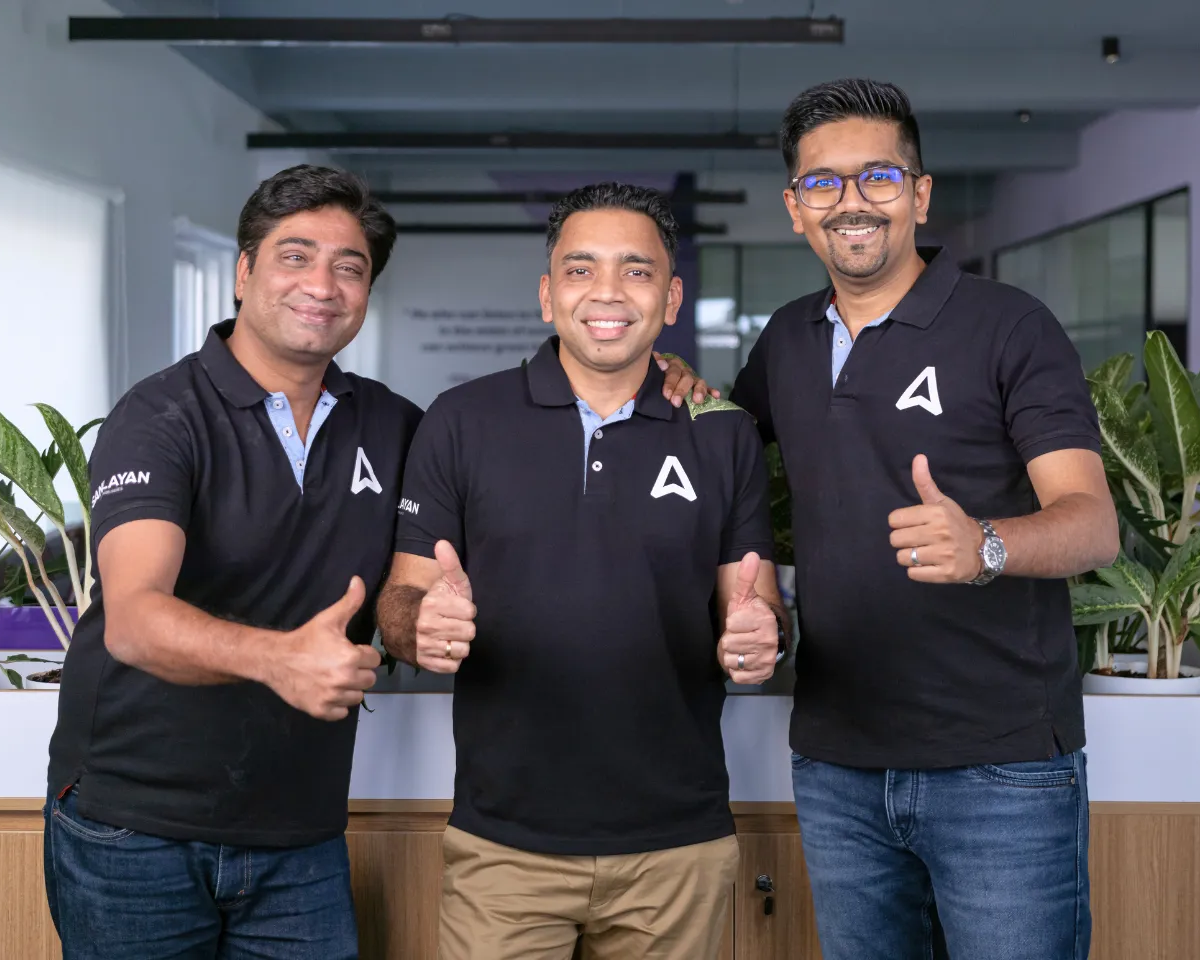Everyone’s talking about electric cars, two-wheelers, and flashy battery tech these days. But let’s be honest—none of it matters much if you pull up to a charging station and find it out of order. And here lies India’s real bottleneck: it’s not just chargers, it’s the people who know how to run, fix, and manage them.
That’s exactly the problem Mercedes-Benz Research and Development India (MBRDI) and The Energy and Resources Institute (TERI) are trying to solve with their newly launched ‘Future-In-Charge’ skilling programme. The initiative was officially rolled out during the Mercedes-Benz Sustainability Dialogue India 2025. Alongside it, they also presented a whitepaper with a long (and honestly overdue) look at the state of skills in India’s EV charging ecosystem.
Table of Contents
The Hard Truth About India’s Charging Workforce
The whitepaper, called “EV Charging in India: Ecosystem Perspectives and Skilling Opportunities,” doesn’t sugarcoat things. Based on inputs from over 150 industry voices—ranging from automakers to charging operators and academics—it found what most insiders already whisper:
- Training institutions still rely on old-school course material. Some of it barely touches upon modern battery systems or fast chargers, let alone the latest IoT-enabled monitoring tech. Hands-on practice? Missing in action.
- There’s no standardised curriculum for charge point operators (CPOs). That means one trainee might learn a lot, while another in a different state barely scratches the surface.
- And here’s a biggie—qualified trainers are rare. You need people who understand both the technical nitty-gritty and the day-to-day operational headaches of running charging stations. Those people are few and far between.
On top of that, let’s face it, the average young jobseeker in India barely knows this career option even exists. EVs sound glamorous, but maintaining a charging hub doesn’t exactly make it to their list of dream jobs. Add in the fact that technology is evolving every six months—new connector types, smart-grid integrations, faster chargers—and the gap only gets wider.
Interestingly, the report points out that about half the real skill needs are practical: installation, testing, diagnostics, and handling IoT-based digital platforms. The rest revolve around troubleshooting and customer-facing service. In other words, it’s a mix of engineering and good old-fashioned problem-solving.
Read: Best EV Business Ideas
The ‘Future-In-Charge’ Solution
So, how do you fix this? MBRDI and TERI’s answer is the Future-In-Charge programme—a dedicated skilling initiative aimed at training India’s next wave of CPOs. It’s not just another classroom module stuffed with PowerPoint slides. Backed by the National Council for Vocational Education and Training (NCVET) and supported by the Ministry of Environment, Forest and Climate Change, it’s trying to create a real pipeline of charging professionals.
The training covers the basics of EVs, batteries, and charging infrastructure but also goes into deeper areas—like how to install, maintain, and troubleshoot chargers safely. It emphasises compliance standards (which are a headache in India’s fragmented policy environment), digital monitoring tools, and even smart charging concepts like vehicle-to-grid (V2G).
Most importantly, it’s not all theory. At TERI’s campus in Gwal Pahari, the first batch of 60 trainees is already getting their hands dirty—working directly with real charging hardware, running case studies, and even going on site visits. And that’s the kind of exposure the industry desperately needs.
What the Big Names Are Saying
Manu Saale, MD and CEO of MBRDI, summed it up well:
“Sustainability goes beyond technology; it is about people. With Future-In-Charge, we are not only bridging the skills gap but also tackling systemic barriers… a foundational investment in India’s future.”
That’s corporate-speak, sure, but the message is clear—EV charging can’t just be left to machines and software. Humans are still at the center.
Dr. Vibha Dhawan, DG of TERI, took a more practical line:
“With India accelerating its shift toward clean mobility, building a skilled workforce in EV charging infrastructure is critical… empowering the next generation of professionals to lead India’s green jobs journey.”
If you’ve ever spent time waiting at a half-working charging station, you’d probably nod along to that.
Why This Matters Right Now
Here’s the thing: India’s EV market is booming. By some estimates, it could cross ₹5.7 trillion by 2025. But without reliable charging operations, all those projections start to look shaky. A poor user experience—like finding a broken charger or no support staff—can slow adoption faster than high battery costs ever could.
There’s also a lesson from the solar sector. Remember the Suryamitra programme? It trained tens of thousands of technicians to install and maintain solar plants. That kind of push gave India a solid workforce backbone. EV charging needs its own Suryamitra moment, and Future-In-Charge could be the spark.
The recommendations from the whitepaper are sensible: build regional skilling centers, bring industry and academia closer together, offer apprenticeships with real charging companies, and—this one’s smart—include soft skills like customer service. After all, a charging station operator who can explain things to a confused EV driver adds just as much value as the technician who fixes a faulty socket.
The Road Ahead
Right now, the programme is small—just 60 people in the pilot batch. But MBRDI and TERI have made it clear they want to scale this across India. If they can bring in more industry partners and government backing, this could evolve into a national standard for EV charging skills.
And honestly, it’s about time. We’ve been so focused on EV sales numbers and policy announcements that the conversation around “who will run the chargers” has lagged. This initiative is a good reminder that the green transition is not just about tech—it’s about training people, creating jobs, and building trust with consumers.
Final Thoughts
As someone who’s been following India’s EV journey closely, I see Future-In-Charge as more than just another CSR-flavoured programme. It’s a reality check. If India wants to hit its ambitious EV adoption targets, we can’t afford to ignore the workforce behind the infrastructure.
Sure, fancy chargers and big investments make headlines, but the real difference will come from whether 2027 you can pull into a Tier-2 city charging hub and find someone who knows exactly how to get you back on the road. That’s what this programme is really about.

Rupak Chakrabarty is the Editor at NextWhatBusiness and a business strategy analyst with over two decades of hands-on experience advising small and mid-sized businesses. His work focuses on entrepreneurship, franchise models, business planning, and market behaviour, with an emphasis on practical decision-making over theory. When not writing or consulting, he enjoys adventure sports, speed, and exploring stories behind businesses.



